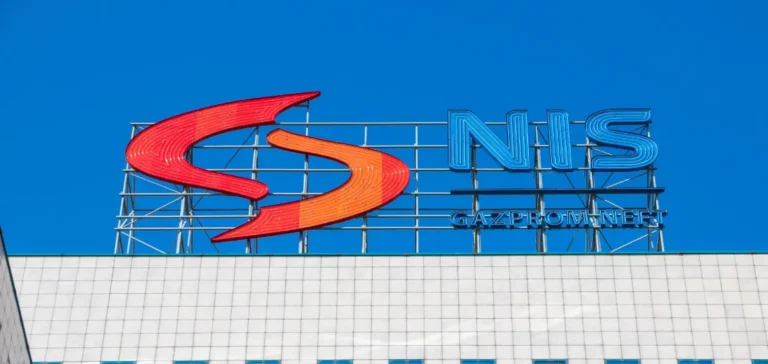Talks between the Republic of Serbia and United States authorities concerning a new postponement of sanctions imposed on Naftna Industrija Srbije (NIS) remain tense, according to the Minister of Mining and Energy, Dubravka Djedovic Handanovic. NIS, majority-owned by Russian company Gazprom Neft, is facing the imminent expiry of its fourth waiver, set for July 29, a situation that places Belgrade in a delicate position both in terms of energy and diplomacy.
Impact of US sanctions on the Serbian oil sector
NIS operates the country’s only oil refinery, with an annual capacity of 4.8 mn tons, and covers most of Serbia’s demand for oil products. The introduction of sanctions against NIS would jeopardise crude oil supplies, as the company imports nearly 80% of its oil via the Croatian pipeline operator Jadranski Naftovod (Janaf). The remainder comes from NIS’s own domestic production in Serbia.
The United States Department of the Treasury’s Office of Foreign Assets Control (OFAC) initially imposed sanctions on the Russian oil sector in January, ordering Gazprom Neft to relinquish its stake in NIS within 45 days. No official response has been communicated by the US Treasury regarding the status of negotiations with Serbia to date.
Shareholding structure and attempts to circumvent sanctions
In order to limit the impact of US measures, Gazprom Neft transferred a 5.15% stake in NIS to Gazprom in February. As a result, Gazprom Neft now holds 44.85% of NIS, Gazprom 11.3%, and the Serbian state 29.87%. The remaining shares are held by small shareholders. Despite these adjustments, the shareholding structure remains largely controlled by Russian entities, a key point in discussions with Washington.
Dubravka Djedovic Handanovic highlighted the scale of the challenges: “Negotiations are quite tough, because we are in an unenviable situation between two great powers, Russia and America,” she said in a televised statement on RTS, the Serbian public broadcaster. According to the minister, Serbia “will continue dialogue with both sides to protect its position” regarding the energy issue.
Consequences for energy security and prospects
The NIS situation reflects the strategic challenges facing the entire Serbian energy sector, which must ensure stable supply while navigating a tense international context. The continued operation of the NIS refinery, vital for the local economy, will depend on decisions taken by the United States in the coming weeks.
“We will do everything we can to preserve our position,” stated Dubravka Djedovic Handanovic, underlining Belgrade’s determination to continue dialogue despite external pressure.






















